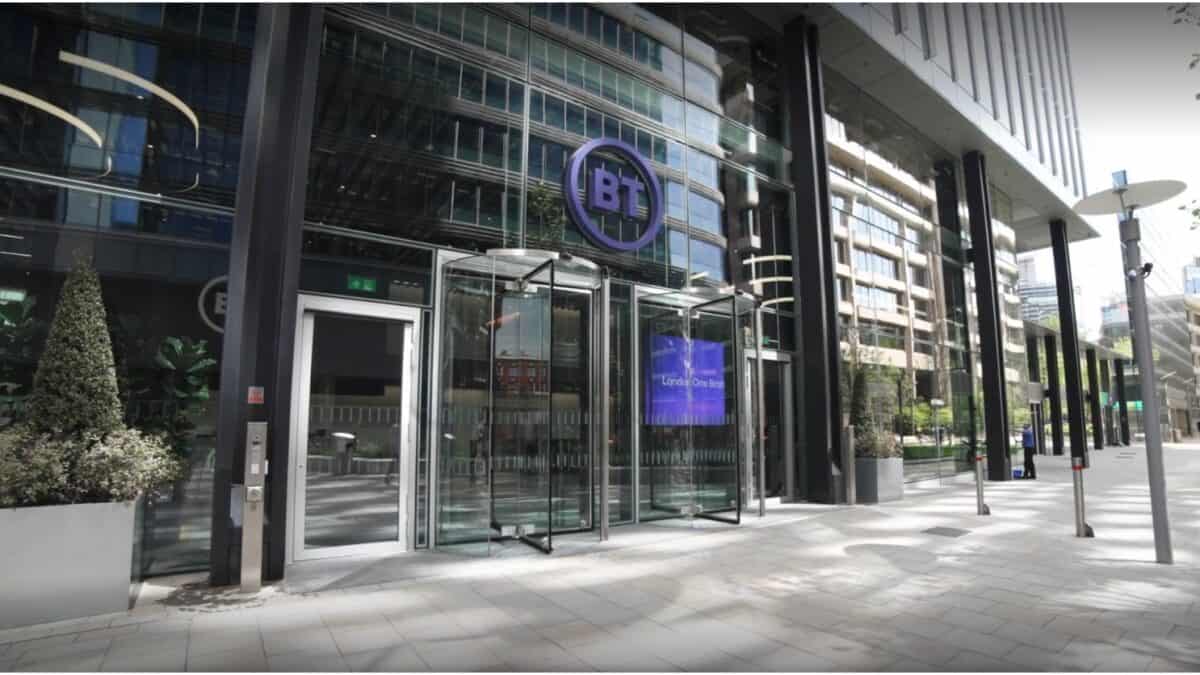On several key measurements of relative stock value, BT’s (LSE: BT.A) share price looks extremely undervalued, I believe. The same applies to its valuation based on forecast future cash flows.
More specifically to begin with, it trades at a price-to-earnings ratio (P/E) of just 16.5. This compares to the average P/E of its competitor group of 19.8. Orange is at 13.1, Vodafone at 19.1, Telenor at 20, and Deutsche Telekom at 26.9.
On the price-to-book ratio (P/B), BT presently trades at 1.1 against its competitor group average of 1.6. And on the price-to-sales ratio (P/S) it is currently at 0.7 versus a 1.2 average for its peers.
Should you invest £1,000 in Dialight Plc right now?
When investing expert Mark Rogers has a stock tip, it can pay to listen. After all, the flagship Motley Fool Share Advisor newsletter he has run for nearly a decade has provided thousands of paying members with top stock recommendations from the UK and US markets. And right now, Mark thinks there are 6 standout stocks that investors should consider buying. Want to see if Dialight Plc made the list?
So, on each of the key measures BT is cheap.
To find out how cheap exactly it is in cash terms, I used a discounted cash flow model. This shows BT shares to be 65% undervalued at their current price of £1.46.
So, a fair value for the stock would be £4.17, although it may go lower or higher than that.
Earnings growth potential
Earnings growth is key to a stock’s share price and dividend over time, in my experience. Consistent rises in the former will likely lead to sustained increases in the other two.
It is true that BT’s full-year 1 April 2023 to 31 March 2024 results showed revenue rose just 1% year on year to £20.8bn. At the same time, profit after tax fell 55% to £855m.
However, it is also the case that this reflected a heavy level of spending (£4.88bn) on expanding its infrastructure base.
Key to me here was CEO Allison Kirkby’s comment that the firm had passed peak capital expenditure on its full-fibre broadband rollout. She added that BT had also achieved its £3bn cost and service transformation programme a year in advance. She concluded that the company had reached the inflection point in its long-term strategy.
In its Q1 2024/25 results, adjusted earnings before interest, taxes, depreciation, and amortisation were up 1% year on year to £2.1bn. The firm added that it is on track to generate normalised free cash flow of around £2bn in 2027 and about £3bn by 2030.
The main risk to all this I think is that BT’s ongoing transformation strategy falters. Another is that the cut-throat competition in the telecoms sector squeezes BT’s profit margins over time.
However, as it stands, analyst forecasts are for its earnings to increase by 12.4% to the end of its fiscal year 2027.
The high-yield bonus in the shares
BT paid a dividend last year of 8p, giving a yield of 5.5% on its £1.46 share price.
So, £10,000 invested in the stock would make £550 in dividends in the first year. If these and all subsequent payouts were used to buy more BT shares (known as ‘dividend compounding’) the returns could grow enormously.
Doing this on an average 5.5% yield would generate £7,311 in dividends after 10 years. And after 30 years on the same basis, £41,874 in dividends would be made.
The total BT investment at that point would be worth £51,874. This would pay £2,853 a year in dividends, or £238 each month!
The good yield, extreme undervaluation, and strong growth prospects are the reasons why I bought the shares recently.








